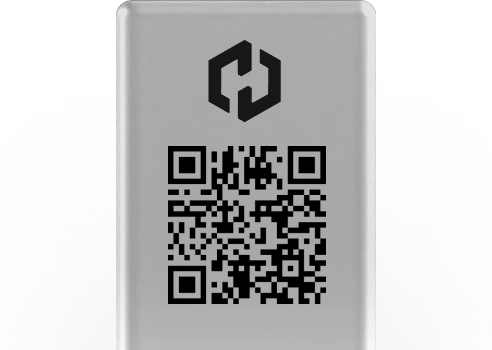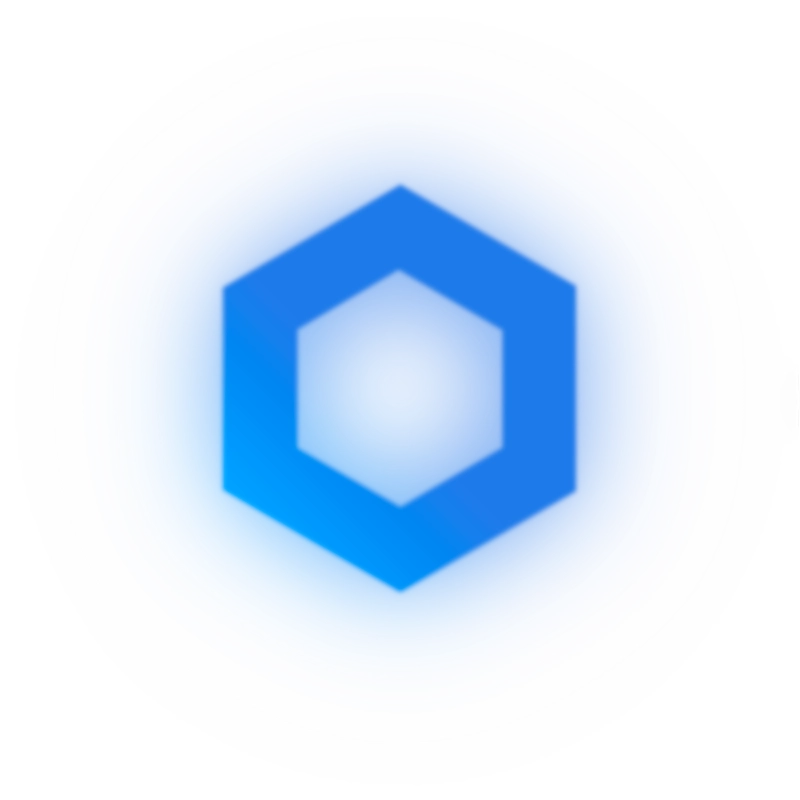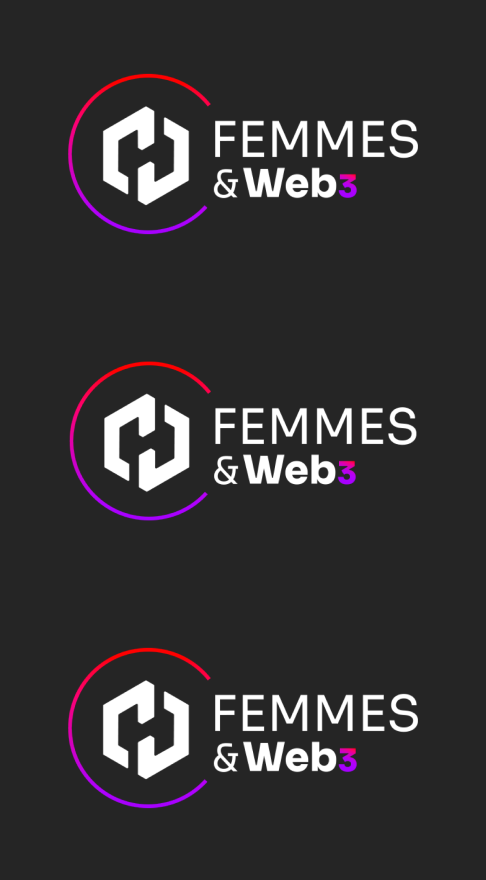Chainlink is a decentralized oracle system.
Since the creation of Ethereum and the growing use of decentralized applications in 2017, smart-contracts are gradually proving their usefulness.
The consequences are wide-ranging, affecting finance, insurance, governance methods, etc.
What problem is Chainlink trying to solve?
Whereas the execution of smart-contracts is predictable and unavoidable.
Indeed, there are points of weakness for functions that require data external to the blockchain.
The role of oracles is to bridge the gap between the “real” world and that of the blockchain, by injecting external data when applications need it.
If an application relies on a single oracle to supply it with data, then that oracle can easily inject erroneous data.
How can Chainlink solve this problem?
Chainlink allows you to call on a network of independent oracles, each of which is responsible for providing a specific piece of data.
By synthesizing all the results supplied via the Chainlink protocol, the end user benefits from a high level of certainty regarding the accuracy of the data ultimately injected into the autonomous contract.





































